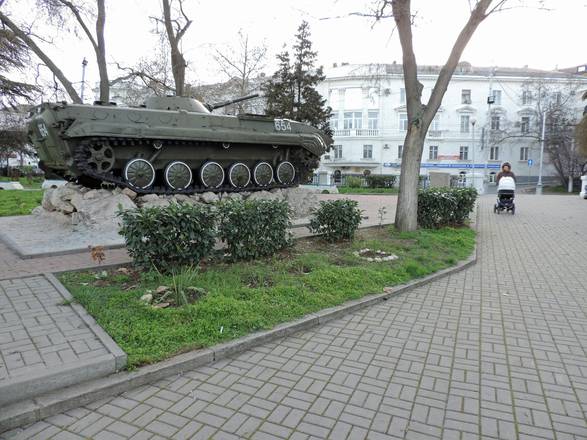Poland: 100 years since the 'Miracle on the Vistula.'
That blocked Bolshevism penetration into Europe
11 August, 19:06The conflict had flared up almost by chance to fill the power vacuum caused by German troops' retreat after the defeat in WW1.
Poland intended to recover the last legal borders dating back to 1772, and the Red Army instead wanted to cancel the territorial mutilation inflicted on the Russian empire with the Brest-Litovsk peace.
The first confrontation between the two armies took place in February 1919. The victorious Powers still did not know how to redesign that area of Europe and on the structure of Russia amid civil war.
At first, the political-military plans designed by Marshal Józef Piłsudski, who envisaged the creation of a system of Polish-led federated states in Central Eastern Europe, seemed to have come true. On December 22, the foreign commissioner Georgy Vasilevich čičerin, on behalf of the Russian revolutionary government, made offers of peace to be able to resolve in the meantime the tug-of-war with the counter-revolutionary Whites.
Piłsudski instead understood that a decisive success would put Poland in safety. On May 8, a Polish army and some Ukrainian divisions enter Kyiv. The Russians counterattacked with an army of almost 100,000 men under Generals Kamenev, Tuchačevskij, and Egorov, with the strong contingent of Baleen's cavalry. France warned the Allies that Poland's defeat would mean "the destruction of the Treaty of Versailles." Therefore, it was necessary to help it before it was too late.
On August 12, Warsaw was under siege, and one step away from capitulation, Piłsudski, however, made a pincer movement with the 4th army to isolate the Russian rear, and what the Poles called "the miracle on the Vistula" took place. The Poles were rampant, and the peace negotiations in Mińsk see a reversal of role. The Russians must suffer what they were imposing before.
On September 2, the talks moved to Riga, and the parties signed the peace preliminaries on October 12. The treaty will be signed on March 18 instead. The Riga Treaty is a tactical peace that temporarily secures Poland's eastern borders. Stalin did all he could to avenge that defeat, laying the foundations with the Ribbentrop-Molotov Pact of August 23, 1939. On September 17, the Red Army invaded Poland without a declaration of war. There would be no other "miracle on the Vistula." (ANSA).














